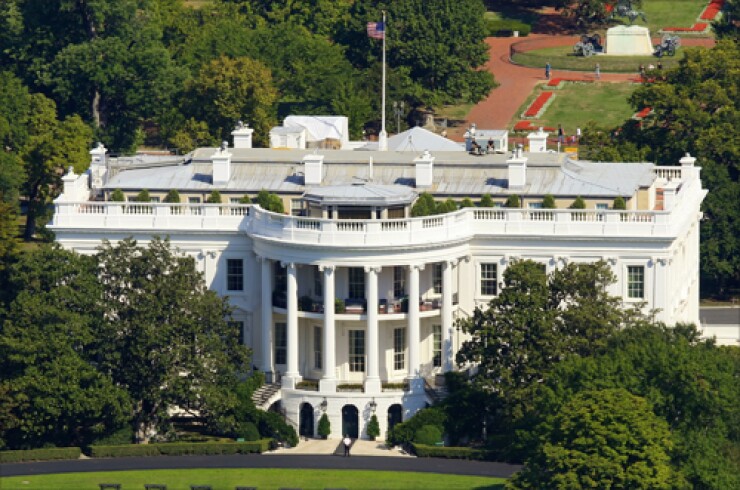
President Biden's effort to build a stronger governance framework for artificial intelligence has banks and credit unions wondering how regulators will incorporate the recommendations into current and future rules. But industry advocates say operating in an already highly regulated environment makes additional rules easier to manage.
The
The order requires
Cybersecurity has been a
"So, while AI can allow credit unions to smartly automate certain functions, like member communication and loan underwriting, it must be harnessed in a responsible way to ensure fairness, transparency and consumer protection," Harper said.
But credit union advocates say that the calls for increased transparency should extend to the regulators as well.
Given how agencies like the Consumer Financial Protection Bureau are employing AI tools, and the lack of communication around their specific uses, increased clarity can help institutions better understand compliance standards, said Andrew Morris, senior counsel for research and policy at the National Association of Federally-Insured Credit Unions.
"Some of the principles around procurement and government transparency around use of AI can be helpful in that regard, and that may shine a light on how an agency like the CFPB is prioritizing its work in the absence of human decision making at every level, which I think is important from a fairness perspective," Morris said.
Morris speculated in his
"The CFPB's potential use of AI and ML techniques to assist supervisory prioritization should not be relegated to the fine print of federal contracts. … Instead, NAFCU asks that the CFPB follow its own advice for financial institutions by ensuring that complex algorithms and models employed by the agency do not operate as black boxes," Morris said in the letter.
Regulators will have to walk a fine line between effective and excessive enforcement as future rules are considered in order to avoid "subjecting [AI] to an exhaustive regulatory review process that almost discourages investment in this area is counterproductive," Morris said.
Fintech experts with the global law firm Linklaters said the executive order's focus on national security is representative of the increasing regulatory scrutiny placed on AI, likening the rapid pace of development to a technological arms race.
"To me, this emerging tech that includes AI [and] digital assets as well, you can look at it in a few different ways. … One of them is that it's a race to the moon, and another one is that it's an arms race," said Joshua Ashley Klayman, U.S. head of fintech and head of blockchain and digital assets for Linklaters. "As you see the executive order, there are a lot of things that align with this."
Banks "were already taking those steps" to vet third-party vendors and new products as part of that apprehension and existing regulatory framework, because "nobody wants to jump into a program if you can't explain to your regulators or customers" how it draws its conclusions, said Mickey Marshall, assistant vice president and regulatory counsel for the Independent Community Bankers of America.
"Banks are pretty used to things being heavily regulated and already demand a lot from their third-party [partners], because their regulators demand a lot from them," Marshall said.
Other trade groups such as the American Bankers Association have created specialized working groups on AI to help build policy positions. The working groups include bankers from large and small financial institutions.
The working group was formed after a
Banks and credit unions agree that they would like to obtain more clarity from regulators looking for ways to
Ryan Miller, vice president of innovation policy at the ABA, said Biden's order could potentially signal a more cohesive approach toward oversight of AI at the federal level.
"What our members are hoping for is a more consistent approach across the country rather than what we've seen in some other areas as really a patchwork of state laws that introduce a massive compliance burden at the same time as inconsistent levels of consumer protection," Miller said.






